HSBC, one of the banks in Hong Kong that issues banknotes, raised the Hong Kong Dollars (HKD) prime rate by 0.125 percent on Sept. 23. The raise came after the Federal Reserve (Fed) announced a 0.75 percent rate increase in the federal funds at midnight on Sept. 22. The rate hike signifies Hong Kong has officially entered a rate hike cycle.
As the interest rate hike has weakened the property market in Hong Kong, Hong Kong Monetary Authority (HKMA) was expected to devise a rescue plan. The Fed said the rate hike countered inflation while further depreciating the renminbi’s value (RMB). Financial analysts point out that with the current linked exchange rate of HKD to the U.S. Dollar (USD), the economy of Hong Kong, which was already fragile, has to follow the pace of rate hikes in the U.S. The rate hike makes the Hong Kong market even worse.
Hong Kong Has Officially Entered the Economic Winter
After the Federal Reserve made multiple sharp raises in interest rates, banks in Hong Kong finally followed suit and increased their prime rates.Analyst: HKD Rate Climb Is Terrible for the Economy
Hong Kong Finance Analyst Cheung Tin-ming stated that Hong Kong’s current economy is very fragile. With the tremendous fiscal pressure, the GDP in the second quarter of 2022 has shrunk by 1.3 percent compared to the same period in 2021. The first quarter of 2022 also dipped 3.9 percent compared to the first quarter of 2021.She believed that Hong Kong’s economy might contract again this year, making this shrinkage the third one since 2019.
“Under the circumstances, Hong Kong following the U.S. to increase interest rates will worsen Hong Kong’s already declining economy.”
Cheung explained an interest rate hike increases the cost of capital and reduces investment return and desires, which would reduce economic activities. “When this happens, it will be equivalent to reducing or delaying business projects and production hence employment opportunities in the foreseeable future. It will be detrimental to the development economically.”
Property Market Flop
HKMA took action and announced to lower the stress testing requirement on Sept. 23.A guideline was released to local banks to reduce the stress test requirement from three percent to two percent. The adjustment applied to all property mortgages and would take effect immediately.
Less Stamp Duty Income Due to Decreased Buys
In addition to the plunge in the property market, the government’s tax revenue has also shrunk significantly. Secretary for Finance Paul Chan Mo-po wrote on Sept. 18 that residential property transactions fell by 37 percent in the first four months of 2022. With the weak property market coupled with the drop in average daily turnover in Hong Kong stocks, stamp duty revenue in 2022 might be 30 percent less than expected.Political Migration and COVID-19 Strict Measures Ruin Hong Kong’s Economy
Meanwhile, the Hong Kong government has finally relaxed the COVID-19 quarantine restriction for overseas tourists. But it might be too little too late.Cheung pointed out that from mid-2021 to mid-2022, Hong Kong’s population had a net outflow of 113,200 people. And the exit of Hong Kong people coupled with the aging population of Hong Kong, the level of production and consumption will decline, “The departure of Hongkongers not only takes away funding but also the creative ability and economic vitality,” he said.
Population aging is already severe in Hong Kong. So will be the decline in production and consumption.” Cheung warned.
Cheung elaborated that relaxing the pandemic quarantine policy may be a way for the Hong Kong government to soothe Hong Kong’s current predicament. However, Cheung believed it would only be a temporary boost and might not create a significant improvement for the current economy.
“The root cause of economic decline is the lack of confidence. The further Hong Kong governance moves away from freedom and becomes more authoritarian, the more Hong Kong citizens will depart as they have lost confidence in Hong Kong.”
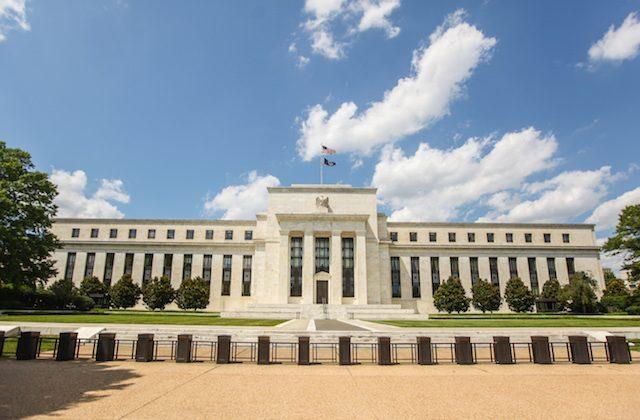
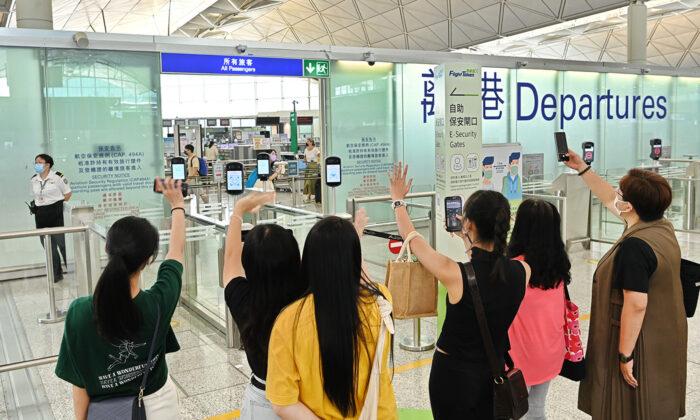
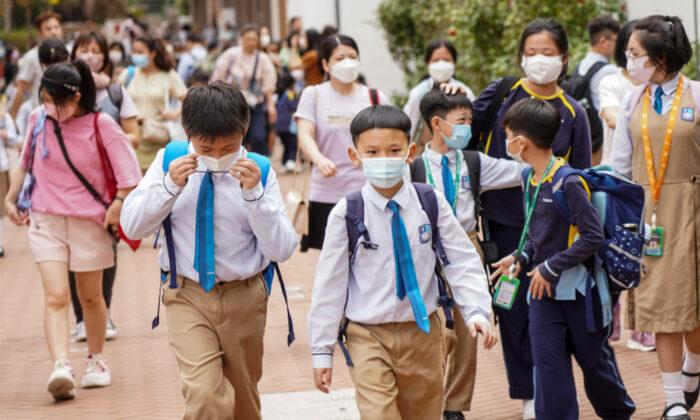
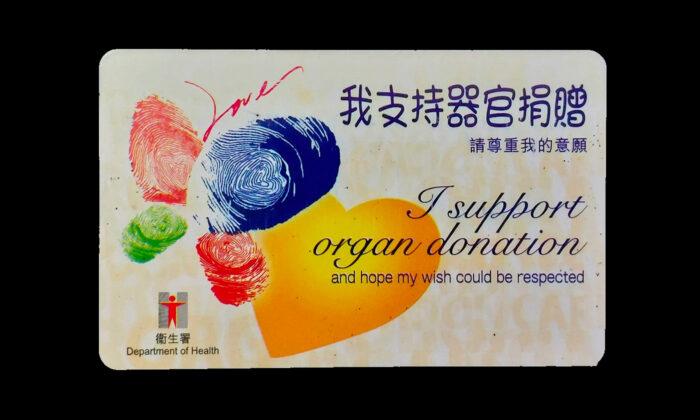
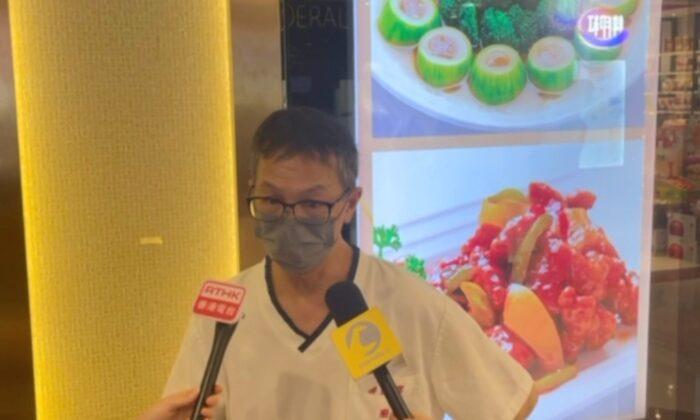
Friends Read Free